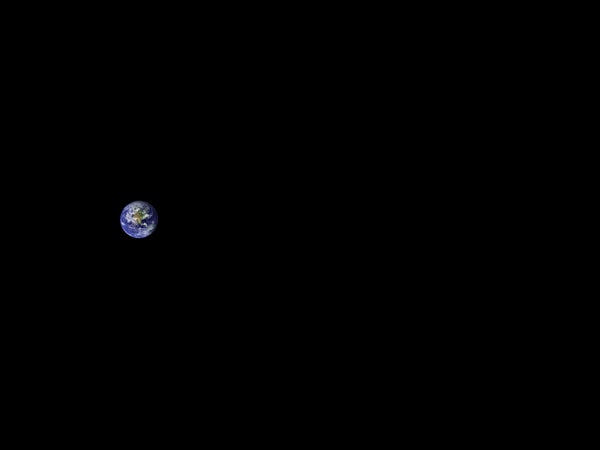This article was published in Scientific American’s former blog network and reflects the views of the author, not necessarily those of Scientific American
Fifty years ago this week the first human steps were taken on another world as Neil Armstrong, Buzz Aldrin, and Michael Collins took Apollo 11 to the Moon and back.
It was, like so many grand human accomplishments, a complex and fraught endeavor. Not just because of the (literally) monumental development of technology and know-how that were required – from the Saturn V rocket and its complement of spacecraft to the Apollo Guidance Computer – but also because of the mixture of political and social wills that existed in uneasy balance throughout this time.
Little wonder that we’ve spent most of the past half-century since that first landing trying to understand why we did it, why we stopped doing it, and whether we want to do it again. Of course, our scientific exploration of the universe has not stopped. Indeed, thanks to robotic avatars and space observatories we’ve surged across the solar system and seen to the edges of the observable cosmos. But the question of sending actual people to other places, beyond low-Earth-orbit, has lingered like a lukewarm potato being juggled back and forth.
On supporting science journalism
If you're enjoying this article, consider supporting our award-winning journalism by subscribing. By purchasing a subscription you are helping to ensure the future of impactful stories about the discoveries and ideas shaping our world today.
It gives one pause for thought about how our specific cosmic circumstances influence our relationship with, and behavior towards setting foot beyond the confines of the Earth.
What if the Moon had never existed? For starters we know that the geophysical and climatological history of the planet would have been different. Although there is still large uncertainty about the mechanism by which the Moon formed, most currently favored scenarios involve a major, cataclysmic collision between a proto-Earth and another proto-planetary object. That event forever altered many aspects of Earth’s evolution. For example, with a relatively large natural satellite exerting gravitational tidal forces on it, Earth’s spin behavior has been quite different than it would have been otherwise. Daylength has increased more rapidly than without a moon. And the natural variations in the direction of Earth’s spin axis – its poles – have been less than they would be otherwise. The gravitational tugs of other planets like great Jupiter and Saturn would have caused our orientation, our obliquity, to vary back and forth by at least ten degrees (rather than a couple of degrees) without the Moon’s own tides dampening our engagement with those distant worlds.
A shorter daylength and axial variations like these would have altered Earth’s climate history, and almost certainly have changed the trajectories for any life that evolved.
But if a species like us had still emerged, its landscape for extraterrestrial exploration would also have been radically different. Without a large natural satellite, a mere quarter of a million miles away, there would be no ‘easy’ trip to make to another world. Even the orbital landscape around the Earth would have been more limited – no convenient Earth-Moon L2 point to place a device like the James Webb Space Telescope, or the 2:1 lunar resonance orbit that the exoplanet-hunting TESS mission employs.
If there were a first human mission to another world it would likely have to be either to Mars or to an asteroid. But this would surely have to involve far more extensive prototyping of spacecraft and life-support systems for deep space – without some of the safety options like the lunar free-return trajectory. Perhaps instead the initial focus would be entirely on Earth-orbiting facilities for people and robotic missions to other worlds. Or, maybe the lure of the seemingly near impossible would still compel these humans from an alternate reality to take the great leap to Mars as their first step outwards.
It could also be the case that, afflicted with a sense of cosmic isolation, occupants of that moonless world would poke their heads into low-Earth orbit and then decide it wasn’t worth it. Instead they would focus attention on dealing with the inevitable climatic shifts from their oscillating spin axis. Shifts writ large not just in their geological and fossil record, but in their recorded history too.
It is, of course, impossible to know exactly what our world would really be like without the Moon – both physically, and in terms of human exploration. But one thing does seem clear: we probably take our natural satellite’s existence far too much for granted. Not every inhabited planet in the universe will have its own ready-made gateway to the cosmos.
